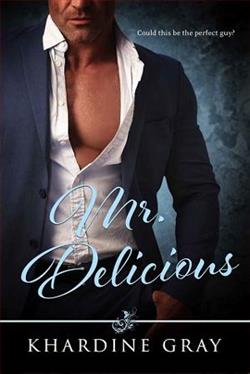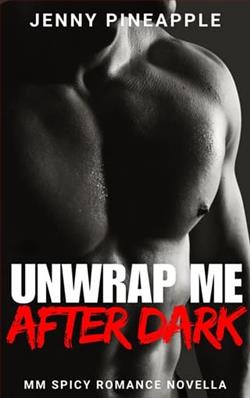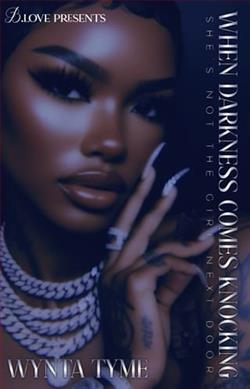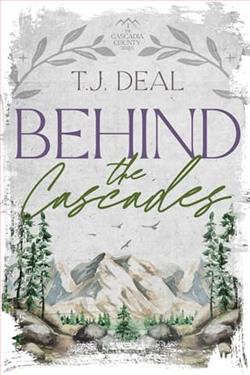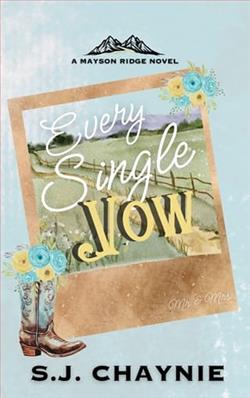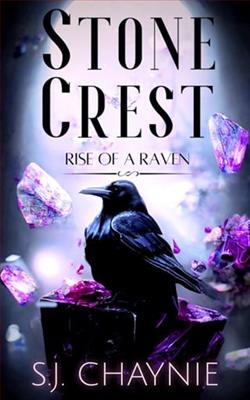Page 42 of Spearcrest Queen
But then, just as I start to take a half-step back, politely preparing to melt into the background, Mr Park turns slightly, angling himself towards me.
“Sutton,” he says, in that probing way that means he’s about to put me on the spot. “I recall a rather pointed argument you made in your essay onKeller v. Ashwood.”
I stare at him. I’d submitted that essay months ago. I barely remember it, and I wrote it myself. He must have read hundreds of essays since.
He continues, unfazed. “You argued that the ruling improperly expanded the doctrine of promissory estoppel and created more confusion than clarity in contract law. Aprovocativestance.” He lifts a black eyebrow, tilting his head slightly as if in invitation. “Do you still stand by that? Or would you refine your position now, given the recent decision inHalloway Investments v. Dunne?”
I freeze for a moment. I hadn’t expected to be pulled into an actual legal discussion—not yet, not here, where I expected my conversations to lean more into sycophantic small talk than academic debate. I can feel the weight of the group’s attention on me, the cool scrutiny of Justice Caldwell, the quiet curiosity of Olivia Langley, the assessing gaze of Daniel Groves.
I realise two things at the same time. First, Mr Park’s praise of me is completely sincere.
Second, like everything in my world, it’s something I have to earn—andkeep.
The old Sophie, the Sophie who used to stand in front of Spearcrest debating societies, spine straight and unyielding, mouth full of practised rhetoric devices and bold opinions, stirsto life. I have the distinct impression that I’m being tested, but so what?
Haven’t I proven, time and time again, that I’m good at exams?
I push my shoulders back, lift my chin.
“Actually, Mr Park, Idostand by it.Keller v. Ashwoodwas meant to clarify the limits of promissory estoppel but instead it just blurred the distinction between reliance and consideration. The judgement’s reasoning was rooted more in equitable fairness than in contractual principle, which makes for a persuasive argument but an unstable precedent.”
Mr Park narrows his eyes ever so slightly, giving me pause. My mind races, heartbeat matching the manic pace. I internally punch myself for the pre-drinks I had with Alice.
“However,” I launch in recklessly, “I’ll admit thatHalloway v. Dunnecomplicates my position.” Mr Park’s lips twitch, almost imperceptibly, corners curving upwards. I continue more steadily. “The court applied the same broad approach to promissory estoppel, but this time, in acommercialcontext, not an individual one. If the principle is consistently applied, then maybe Keller isn’t an outlier after all, but the beginning of a shift in how we view contractual obligations in an economy that’s increasingly dependent on good faith and long-term business relationships.”
Silence. A pause, dense with consideration.
Over Mr Park’s shoulders, I notice Dahlia and Anthony walking past, arm in arm. Dahlia, in a gold floor-length gown, holds up her champagne flute to me, a clear acknowledgement, and Anthony’s eyes glide over the people I’m standing with. They’re letting me know they’re noticing me.
I don’t botherresponding.
“That’s a neat little pivot,” Justice Caldwell says with a sniff. “Perhaps it’s a career in politics you ought to consider instead, young lady.”
It’s a loaded comment, and American politics is the sort of serpent’s nest I’m not remotely ready to handle yet. This could be a compliment as much as it could be an insult. I contain myself to giving him a polite nod and a prim smile.
“Don’t listen to him,” Daniel Groves, the senior partner in the deep blue tux, says with a brisk laugh. “This is the kind of argument that turns heads in a courtroom. Quick thinking. You did well.”
My heartbeat begins to settle. I ease my shoulders, raise my flute to my lips. I sip my champagne, remembering Alice Liu’s toast.
To tasting blood.
Mr Park excuses himself, but as he passes, he taps my elbow and murmurs, “Well argued, Sophie. I expected nothing less.”
21
Jane Eyre
Evan
I spot Sophie longbefore she spots me.
She’s wearing a black dress that’s perfectly fitted to her body. Like her, it’s a bit austere and a bit understated, with long sleeves and a skirt that reaches past her knees. But the back is open, showing a triangle of smooth skin. It’s just a glimpse, but it’s enough to make you look twice.
I look much more than twice.
She’s standing by a group of men and women, her back straight, her eyebrows drawn in a slight frown of concentration. She probably doesn’t realise it, but she’s standing right on the edge of the circle, the furthest person from the group. There’s a flute of champagne in her hand, which she’s barely drinking. She’s not speaking a lot, but she’s listening intently, dark eyes tracking each speaker in turn.
When she finally speaks, her expression remains severe and earnest as usual. The men she’s talking to lean in slightly. One of them nods, another smiles at something she’s said. They’re listening to her, but more than that, they’renoticingher. Drawn in, just like I was when we were thirteen and she was explainingRomeo and Juliet, justlike I’ve been ever since, every time I’m around her.








